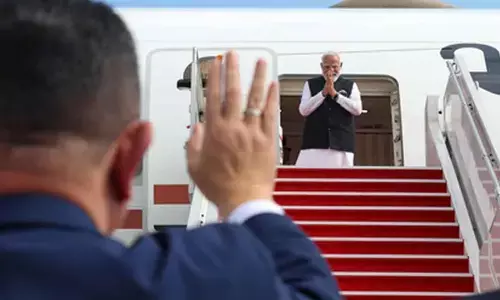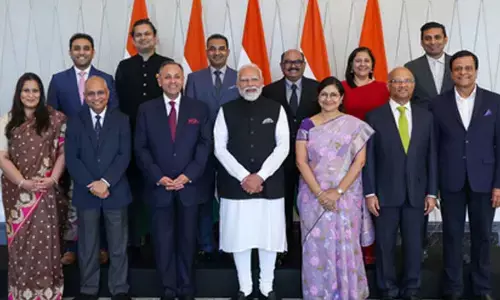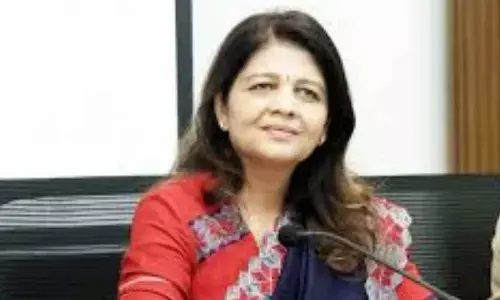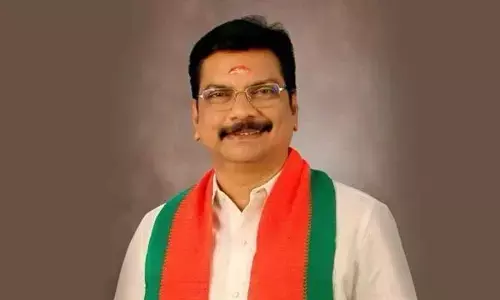Bureaucracy will pull the BJP down
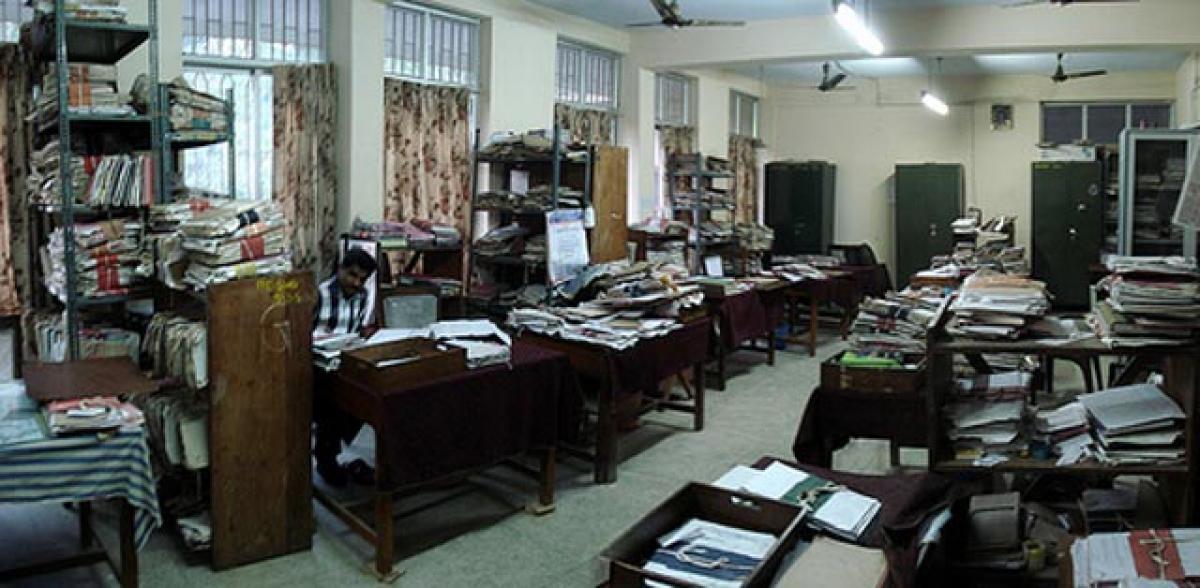
The question being asked these days is whether Modi magic still holds sway. Even die hard BJP supporters accept that some people are turning away.
The question being asked these days is whether Modi magic still holds sway. Even die hard BJP supporters accept that some people are turning away. The improvements in railways and power supply are recognised and appreciated but that is not enough, just as winning the Kargil war and starting the Golden Quadrangle project by Atal Behari Vajpayee was not enough.
The doubting of Modi magic is especially surprising given that he has cleaned up corruption in high places. International observers have noted that the share of crony capitalism has much reduced in the economy in the last two years. The roots of this increasing doubt lie in Modi’s approach to governance. He is trying hard and honest to secure the good of the people by implementing various schemes through the government machinery.
He sees government employees as honest saviours of the people. This view is contra the Hindu tradition, to which Modi swears allegiance. The Manu Smriti says, “Employees appointed by the king are mostly takers of property of others and cheats; from them the King should protect the people” (7.123).
Likewise Kautilya says in Arthasastra “Just as it is impossible not to taste the honey or poison that finds itself at the tip of the tongue, so it is impossible for a government employee not to eat up a part of government revenue. Just as it is not possible to find whether the fish moving under water is drinking water or not, similarly it is not possible to find out how much money the government employees have embezzled” (2.9).
Modi is trying to secure welfare of the common man through the bureaucracy having such a character. He is like the police officer who appoints a thief to patrol the streets during night. Soil Health Card for the farmers and Jan Dhan Yojana for rural inclusion have been initiated with good intentions. But these schemes also lead to the expansion of the bureaucracy and concomitant increase in corruption.
Let us say a farmer has got knowledge about the fertilizer required to be added in his field from the Soil Health Card. He approaches the bank to give him a loan under the Jan Dhan Yojana. The bank manager asks for a bribe. In the end the farmer is left unhappy. The benefit derived by him from the Soil Health Card is cancelled by the corruption in public sector banks. He is left dissatisfied and no longer favours the BJP.
The solution to this dilemma will come from tightening the screws on the bureaucracy. Kautilya advises the king to appoint spies to keep watch on corruption by employees of the state. The inherent tendency of malfeasance has to be controlled as far as possible by strict vigilance measures. The role of spies should be proactive. Spies should start with the belief that every government employee is corrupt and try to trap them in order to instill fear and to contain this tendency somewhat.
Unfortunately, Modi has taken no measure in this direction. Instead he has given consent to the implementation of the Seventh Pay Commission which does not suggest any measures for improvement of efficiency of the government servants. But that is like engaging a good driver to drive the broken car. The driver can only do so much. The true solution lies in fixing the broken car so that an ordinary driver can take the passenger to his destination. Similarly, appointing honest officials to head a tenured, unaccountable and unionised lower bureaucracy will only do so much.
He has indeed appointed honest officers in key positions. The true solution lies in making the lower bureaucracy accountable so that the dishonest are weeded out in ordinary course of business. Modi should examine alternative way of governing that is not anchored on the government servants. One alternative is to directly transfer the present expenditures on various welfare schemes being run by the government like education, health cure, widow pension, etc. The Central government spent Rs 7.4 lakh crore on health, education, family welfare, MNREGA and like schemes in 2014-15.
The expenditure in the current year 2016-17 would be about Rs 9 lakh crore. Our population is about 130 crore. Taking about 4 persons per family, the number of households would be about 30 crore. This means that the Central overnment is spending about Rs 30,000 for the welfare of every household in the country every year. Unfortunately, little of this money is reaching the households. Rajiv Gandhi once famously said that only 15 paise of the rupee sent by the Centre reached the beneficiary. The remaining 85 paise was appropriated by the bureaucracy via salaries, pensions and corruption. Need is to disentangle welfare from bureaucracy.
The way forward is to dismantle all these welfare programs and distribute this money among all households of the country. Each household will get about Rs 2,500 per month which will be sufficient to meet its basic needs. The household would be able to buy health and education from the market. This will liberate the people from tyranny of the ‘welfare bureaucracy’. There will be a surge in favour of the BJP.
The above- and below poverty line distinction should also be removed. Rs 30,000 should be paid to all families, including the rich. We need to liberate the poor from the stamp of poverty. We need to treat them as equals. The money paid to the rich can be recovered from them by different methods. A surcharge of Rs 30,000 can be imposed on all Income Tax payers. An amount of Rs 30,000 should be deducted from the employers’ contribution towards the Provident Fund of the employees. Other ways of recovering the money can be thought of.
Modi should know that the wind is blowing against him. Mainly, the common man is unhappy. The improvement in railways and electricity situation, howsoever welcome, does not provide the poor with jobs. Modi needs to find a way to reach relief to the common man here and now. The dismantling of ‘welfare bureaucracy’ can help change his fortunes.
By Dr Bharat Jhunjhunwala


